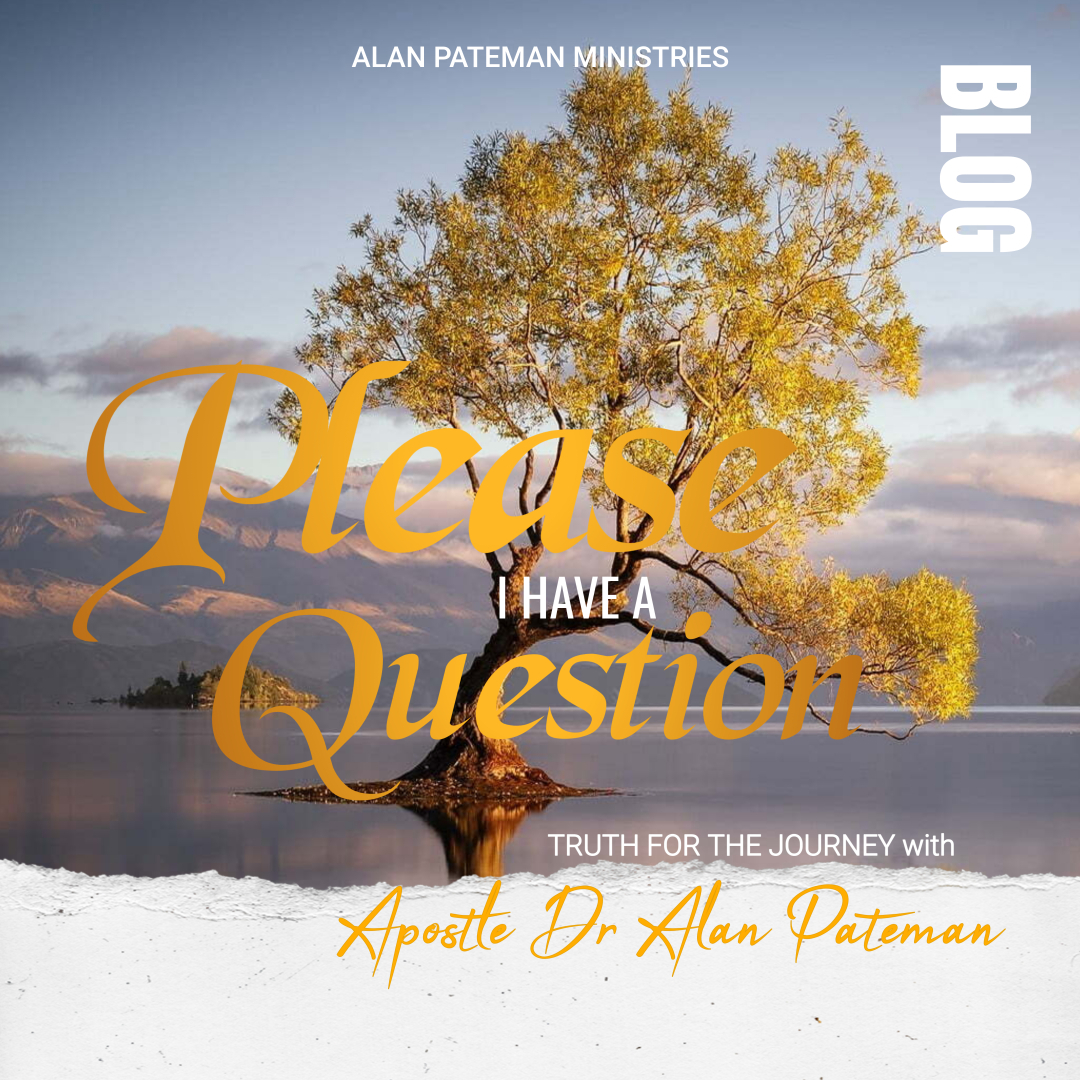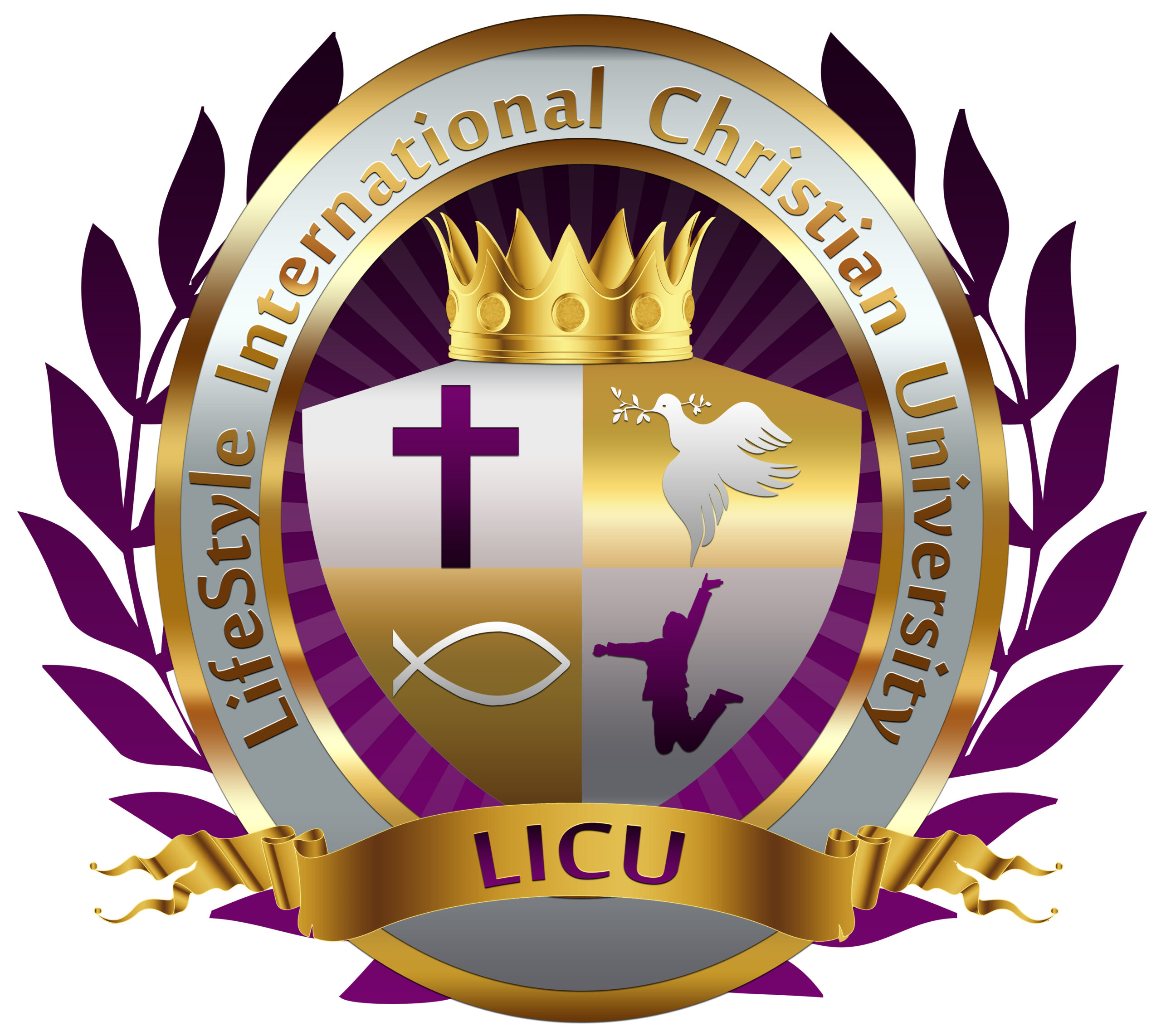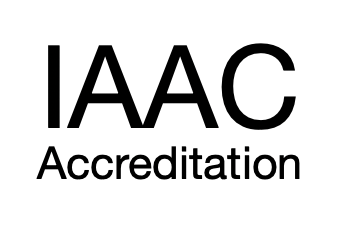A Number of Policies that you need to be aware of…

LICU’s educational program is a non-governmental university, (English speaking) incorporated within a non-profit educational organisation.
Paragraph 2 within our statutes entitled “Purpose of the trust (spiritual)” it clarifies the measures to fulfil its purpose, being besides other avenues an International Institution (Point 3.2) that trains believers, so that they can practice the biblical truth in their daily life and in ministry situations. To train the character, that they are able to live an ethical and moral lifestyle and find their place in society; to lead them into responsibility (Point 4).
As an institution (university) we are not only governed by the Executive Board of Directors, Trustees and the International Advisory Board but also accredited by independent non-governmental agencies, such as the International Apostolic Accreditation Council (IAAC) that exist without obligatory liberal academic impositions. To also provide both credibility through accountability and/or credibility through association, achieved through cultivating Christ-honouring relationships, the sharing of expertise and resources (via forums, panel discussions, and plenary lectures) by world renowned speakers.
Discrimination Policy
LifeStyle International Christian University is committed to equality of educational opportunity. This Christian University does not discriminate in offering access to its educational programs and activities on the basis of race, colour, gender, age, national origin or disability. The Executive Dean of Administration has been designated to handle inquiries regarding the University’s non-discrimination policies.
Privacy Policy
When you contact LifeStyle International Christian University, we will request certain information in order to provide the services and/ or products you have requested. This will include identification and contact information, as well as transactions and past correspondence with LICU.
Examples where such information may be requested include: student or faculty applications, association or affiliation requests, meeting registration forms or other forms containing your name, address, telephone number and e-mail address, and past transactions you have had with us.





















